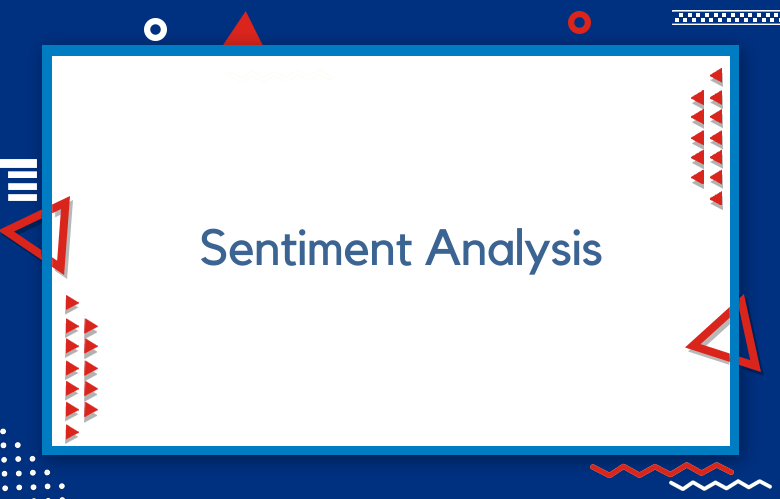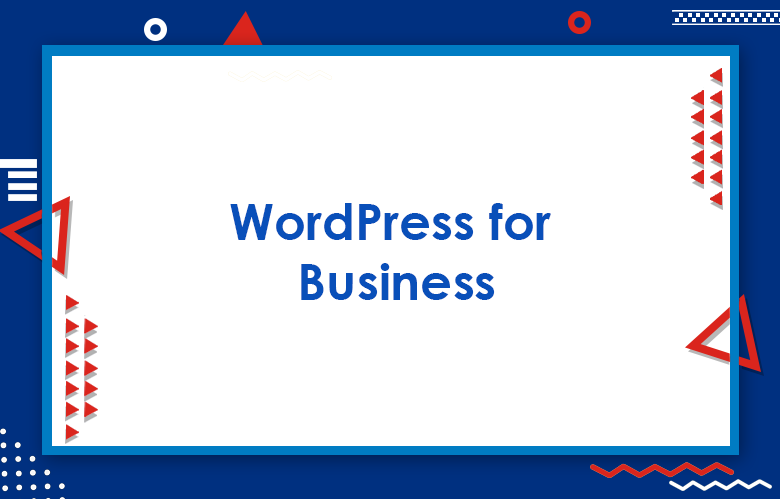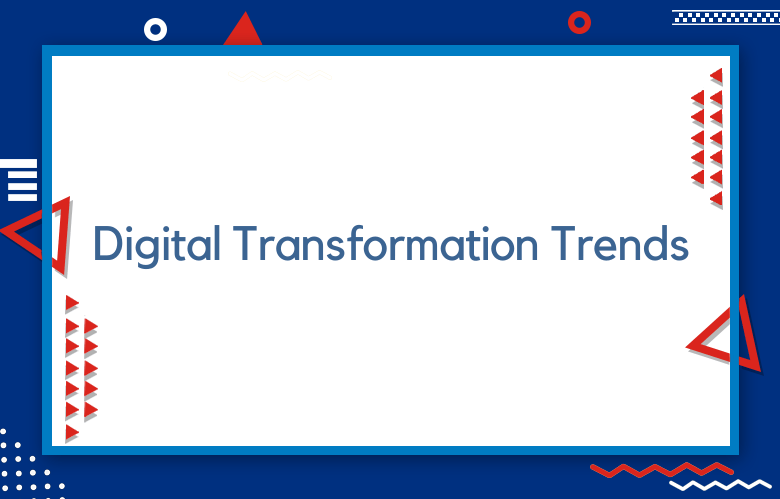What is Sentiment Analysis Used for in Influencer Marketing?

Social media and online influencers have transformed how companies promote their products and services in marketing. The key to success with influencer marketing lies in understanding audience sentiment toward your brand, products, and services.
In this post, we explore sentiment analysis and how it is used in influencer marketing to help businesses make smarter decisions.
Sentiment analysis can be defined as automating the understanding and classification of positive, negative, and neutral feelings or emotions behind text-based media such as social media posts, reviews, and comments.
Using sentiment analysis, businesses can gain insights into how their target audiences feel about their brand, products, and services. These critical insights help companies understand whether their marketing campaign resonates with their audience.
What Is Sentiment Analysis?
At its core, sentiment analysis is a process that involves collecting, analyzing, and interpreting data to determine the emotional response people have to a particular topic.
This can be done using a combination of natural language processing (NLP) and machine learning algorithms. NLP is a field of artificial intelligence (AI) that allows computers to understand and interpret human language.
By analyzing text data from social media Articles, reviews, and other sources, machines can identify patterns and categorize each text as positive, negative, or neutral sentiment.
How Does Sentiment Analysis Work
Sentiment analysis works by analyzing two types of data: explicit and implicit. Precise data refers to statements made by the author that express a particular sentiment, such as
“I love this product!” Implicit data, on the other hand, is more subtle and requires some interpretation. For example, if someone says, “This coffee is too expensive,” the sentiment is negative even though they didn’t explicitly say so.
Sentiment analysis algorithms use various linguistic and statistical techniques to identify and extract explicit and implicit sentiments from text data.
How Is Sentiment Analysis Used in Influencer Marketing
Influencer marketing is all about tapping into the power of social media influencers to reach a wider audience.
Sentiment analysis can be used to identify influencers who have a high level of positive sentiment surrounding them.
By partnering with these influencers, brands can leverage their positive reputation and tap into their network of followers to promote their products.
On the other hand, sentiment analysis can be used to identify influencers with a negative sentiment surrounding them. Brands can use this information to avoid partnering with these influencers and potentially damaging their reputation.
The Future of Sentiment Analysis in Influencer Marketing
As AI and machine learning algorithms continue to evolve, the use of sentiment analysis in influencer marketing will only grow.
Brands will have access to more advanced tools that can analyze sentiment across a broader range of platforms and channels.
This will enable brands to understand their target audience better and make more informed decisions about their influencer marketing strategies.
Understanding the Power of Sentiment Analysis in Influencer Marketing?
Influencer marketing has come a long way in the last few years. With the rise of social media, brands are leveraging the power of influencers to tap into their vast network of followers, boost brand awareness, and increase sales.
However, knowing which partnerships are worth pursuing can take time with so many influencers. That’s where sentiment analysis comes in.
Sentiment analysis is a powerful tool that uses data to determine public opinion about particular topics, products, or individuals. In this post, we’ll take a closer look at sentiment analysis, how it works, and how it’s used in influencer marketing.
A Comprehensive Guide on How Sentiment Analysis is Used for Influencer Marketing
Influencer marketing has become an integral part of digital marketing in recent years. It involves collaborating with influencers with a substantial social media following to promote your brand.
The success of influencer marketing lies in the ability to measure how audiences react to influencer posts accurately. That’s where sentiment analysis comes in. We will delve into sentiment analysis and its use for influencer marketing.
The Role of Sentiment Analysis in Influencer Marketing
Regarding influencer marketing, sentiment analysis can be helpful in several ways. Businesses can determine whether their brand aligns with the influencer’s values by conducting sentiment analysis on the influencer’s social media profile or posts.
Sentiment analysis can help businesses identify the influencer’s engagement rate, audience demographics, and the audience’s sentiment towards sponsored posts.
The Benefits of Using Sentiment Analysis in Influencer Marketing
Data Analysis:
Sentiment analysis involves the analysis of data to determine the overall tone, mood, and emotion of online content, including social media posts and reviews.
With sentiment analysis, businesses can filter through thousands of influencers to find the right ones that match their brand’s values and audience.
Sentiment analysis tools can help a business analyze an influencer’s followers’ sentiments towards the brand and competitors.
Using this information, businesses can narrow down their choices to a few key influencers, making their search for the right influencers to work with both efficient and effective.
Enhance Brand Reputation:
By using sentiment analysis, businesses can determine the online reputation of their brand and competitors’ online reputations.
This information helps businesses make informed choices while partnering with influencers to promote their brand.
It also helps a business take proactive measures to manage its online reputation. Sentiment analysis is a valuable tool for identifying online trends and monitoring brand reputation, enabling enterprises to take the necessary steps to stay ahead of the competition.
Measure Campaign Effectiveness:
Influencer marketing campaigns can be costly, and it is critical to measure their effectiveness.
Sentiment analysis helps businesses evaluate their influencer marketing campaigns and determine how their target audience has responded to them.
This information can guide businesses in improving their campaigns and reaching their target audience more effectively.
Identify Risks:
Social media moves at a breakneck pace, and there are risks involved in influencer marketing. A post from an influencer with negative sentiment can damage a brand’s reputation.
Sentiment analysis tools can help businesses identify such risks and enable them to take swift action to prevent potential damage to their brands.
Makes Influencer Selection Easier:
With sentiment analysis, businesses can narrow their search for influencers to those with a positive sentiment towards their brand or relevant industry.
It saves time and is cost-efficient since businesses can invest their resources in influencers that are more likely to fulfill their marketing objectives.
Conclusion:
Sentiment analysis is an essential tool in influencer marketing as it enables businesses to track the sentiment of their audience towards their brand, measure campaign success, choose the right influencers, and even improve their influencer’s content strategy.
With the help of sentiment analysis, businesses can make better data-driven decisions to create engaging and effective influencer marketing campaigns.
By focusing on the sentiment of their audience, businesses can drive long-term growth while maintaining a positive reputation with their customers. So, leverage sentiment analysis when partnering with influencers to get the maximum benefit from your influencer marketing campaigns.
Call: +91 9848321284
Email: [email protected]



